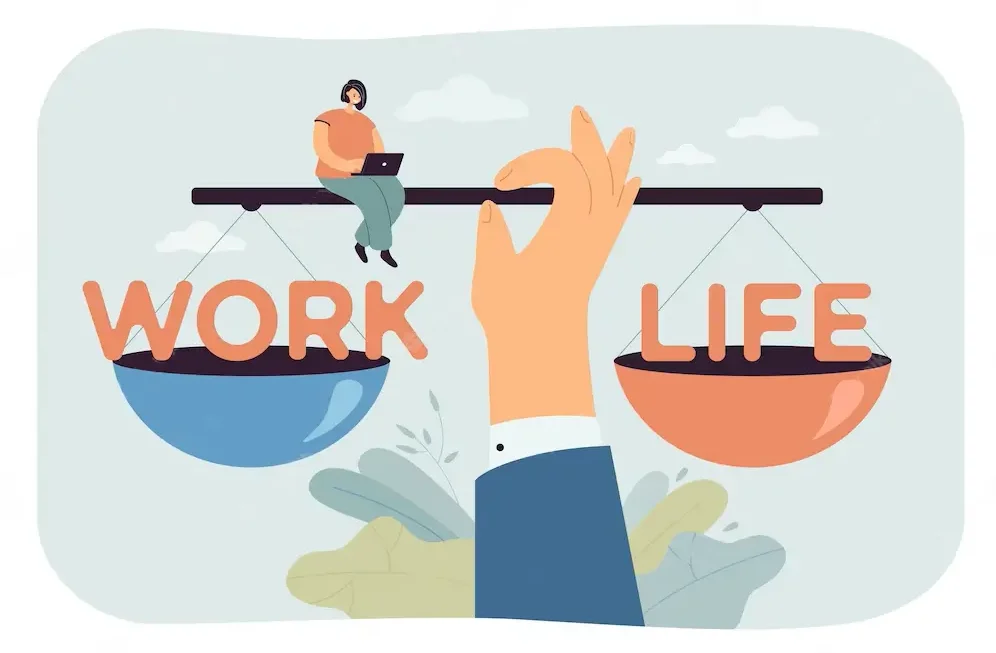Table of Contents
Guard Your Privacy: Why Sharing Your Problems Carefully is Essential for Personal Security and Well-being
Please be Careful Don’t Share Your Problems; We find ourselves continually connected to the globe through numerous online platforms in the modern digital age, where information travels at the speed of light. While this connectivity has numerous benefits, it has also given rise to serious privacy and oversharing concerns. This essay will examine how the digital age has affected privacy, the risks of oversharing, and the need to create boundaries to safeguard our safety.
The Effect of Technology on Privacy
The Development of Social Media
Social media now plays a crucial role in modern life by providing a forum for connections, experience sharing, and information gathering. Personal data can, however, readily end up in the wrong hands due to this open sharing. It is essential to exercise caution when choosing the information we share on social media platforms and to pay attention to our privacy settings.

Online Conversation and Information Exchange
People frequently transmit sensitive information via emails, messaging applications, and cloud storage systems because of how simple it is to communicate online. Convenience is unquestionable, but in order to protect our data, it’s critical to be aware of potential cybersecurity dangers and take the appropriate security safeguards.
The Risks of Excessive Sharing
Threats to Cybersecurity
Online privacy violations and phishing schemes are made more likely by the excessive sharing of personal information. Hackers and cyberterrorists might use these specifics to break into accounts and steal private data.

Fraud and theft of identities
Identity theft is a risky crime that can result in monetary loss and mental suffering. It can happen when you disclose too much personal information. Scammers may use the information we share to pose as us and commit crimes.
Keeping Personal Data Safe
Setting Privacy Options
Users can adjust their privacy settings on social media and other internet platforms. To limit access to private data and posts, it’s critical to frequently evaluate and modify these settings.
Considering Public Wi-Fi
Using public Wi-Fi networks can put your security at risk because hackers frequently target these networks. When using public Wi-Fi, avoid accessing confidential information, such as banking information.
Keeping Away from Dubious Links and Scams
Scams and phishing emails are frequent online risks. To safeguard yourself from potential online risks, be wary of unsolicited messages and refrain from clicking on dubious links.
Creating Digital Limits
Limiting exposure to social media; Although social media is a great tool for staying in touch, it’s important to moderate the quantity of private information posted in public. Think about updating a select group of close friends and relatives that you trust.
Managing Personal Data Access
Make sure that only people with permission can access your personal information. Be careful when disclosing private information on open channels like social media.
Apps for Private Messaging Use
Consider using private messaging apps with end-to-end encryption for more private interactions to keep your communications safe.
The Cost to Your Emotions of Oversharing
Cyberbullying and online harassment
Oversharing of personal information might increase a person’s susceptibility to cyberbullying and harassment online. Online bullies might use this information to target and hurt people emotionally.
Effects Adverse on Mental Health
Negative mental health effects can result from sharing one’s troubles online and continuously seeking approval. Finding the right balance between oversharing for attention and sharing for support is essential.
Managing Privacy and Sharing
Finding Reliable Confidants
When confronting difficulties, think about confiding in dependable family members or friends who will respect your privacy and provide sincere assistance.
Getting Professional Assistance
Seeking the assistance of qualified experts can offer a secure and private setting where you can express your problems and get advice for more complicated ones.
The Influence of Secrecy
Unidentified Support Groups
Anonymous online support groups might be helpful for people who need to share their struggles without disclosing their identities.
Unidentified Online Forums
Participating in anonymous online forums enables people to publicly discuss private matters while protecting their anonymity.
Acknowledging Offline Connections
Developing Trust in Relationships in Real Life
Having solid, offline relationships with people we can confide in can help us build a support system that enables us to talk about our concerns openly and without concern for reaction or exposure.
Looking for Support in Person
Seeking face-to-face help from friends, family, or support groups when facing severe issues can foster a stronger sense of connection and comprehension.

Conclusion
Protecting our privacy and establishing limits on the sharing of personal information is crucial in a time when digital interactions predominate. Oversharing can have negative effects on our emotional health and cybersecurity, both online and offline. We can manage the digital world more securely and effectively by striking the correct balance between sharing and privacy, using anonymous assistance alternatives when necessary, and embracing offline interactions.
FAQs
Q: Is it secure to share private information online?
A: Despite the fact that social media platforms include privacy options to regulate the information published, it is important to use caution. Be cautious when disclosing personal information to the public and picky about who has access to your postings and data. Be aware of the dangers and safeguard your accounts by using strong, one-of-a-kind passwords.
Q: How can I keep my online identity safe?
A: Online identity protection requires a number of precautions. First, stay away from openly disclosing private information on social media or other public platforms, such as your entire address or bank information. For your online accounts, use solid, one-of-a-kind passwords, and whenever possible, use two-factor authentication. Update your privacy settings frequently, and watch out for shady emails and links.
Q: What symptoms indicate oversharing?
A: Regularly exposing intimate details of your private life online, disclosing every element of your daily routine, and sharing highly sensitive material without thinking about the potential repercussions are all indications of oversharing. Oversharing may occur if you feel forced to discuss personal issues in order to gain sympathy or approval.
Q: Why is establishing digital borders so important?
A: Setting digital boundaries is essential for protecting your privacy as well as yourself from potential emotional injury and cyber risks. You may lower your risk of identity theft, cyberbullying, and other unfavorable effects of oversharing by regulating what you share online and restricting access to personal information.
Q: How can I strike the perfect balance between privacy and sharing?
A: Sharing and privacy need to be balanced in the proper way, which requires careful thought. Find dependable people you can talk to in person and online about your issues. For more private talks, use secure internet forums or private messaging services. Create a support network that protects your privacy by embracing offline contacts and developing genuine relationships with individuals you trust




